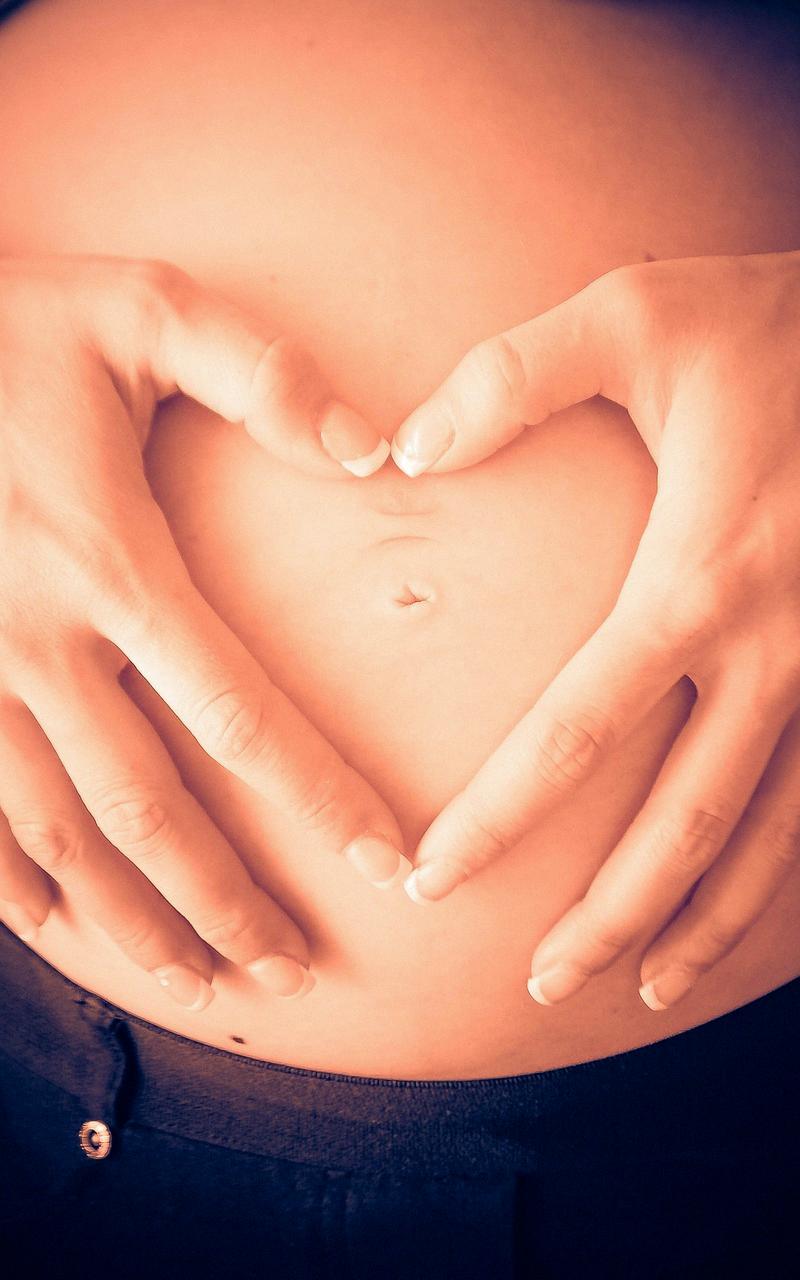During pregnancy, it’s important to be cautious about what you consume, as certain substances can have negative effects on the development of the fetus. One such substance to be wary of is hibiscus tea, which is known for its potential to affect hormone levels in the body.
One key reason why pregnant women are advised against consuming hibiscus tea is its emmenagogue effect. This term refers to the ability of hibiscus tea and extracts to promote blood flow to the uterus, which can lead to contractions in the uterine muscles. While this effect can be beneficial for inducing menstruation in non-pregnant individuals, it can be harmful during pregnancy.
Due to its emmenagogue properties, hibiscus tea has the potential to trigger uterine contractions, which could result in cramping and even lead to bleeding. In more severe cases, this could potentially induce early labor or even increase the risk of miscarriage, making it a significant concern for pregnant women.
Additionally, hibiscus tea contains compounds that have been linked to lowering blood pressure. While this may be beneficial for individuals with hypertension, it can pose risks for pregnant women, as low blood pressure can reduce the flow of oxygen and nutrients to the placenta, potentially impacting the growth and development of the fetus.
Another factor to consider is the presence of certain acids in hibiscus tea, such as citric acid and malic acid. These acids can contribute to gastrointestinal discomfort, including acid reflux and stomach upset. During pregnancy, when digestive issues are already common, consuming hibiscus tea could exacerbate these symptoms.
Moreover, hibiscus tea is known to have diuretic properties, meaning it can increase urine production. This can potentially lead to fluid imbalance in the body, which is particularly concerning during pregnancy when adequate hydration is crucial for supporting fetal development and maintaining maternal health.
Although hibiscus tea is generally considered safe when consumed in moderate amounts, the risks associated with its emmenagogue effect, potential impact on blood pressure, acidic nature, and diuretic properties make it advisable for pregnant women to err on the side of caution and avoid it altogether.
It’s essential for expectant mothers to prioritize their health and the well-being of their unborn child by making informed and thoughtful decisions about their dietary choices. While hibiscus tea may offer various health benefits for non-pregnant individuals, its potential risks during pregnancy outweigh any potential advantages.
Consulting with a healthcare provider before introducing any new foods or beverages during pregnancy is always recommended, as it allows for personalized guidance based on individual health factors and concerns. This proactive approach can help ensure the safety and health of both the mother and the developing fetus.
In conclusion, while hibiscus tea is a popular herbal beverage with potential health benefits, its emmenagogue effect, impact on blood pressure, acidic content, and diuretic properties make it unsuitable for consumption during pregnancy. Prioritizing caution and seeking professional advice can help pregnant women make informed choices that support their well-being and that of their baby.

